5 Things You Need to Know About Paid Ads and Inbound Marketing

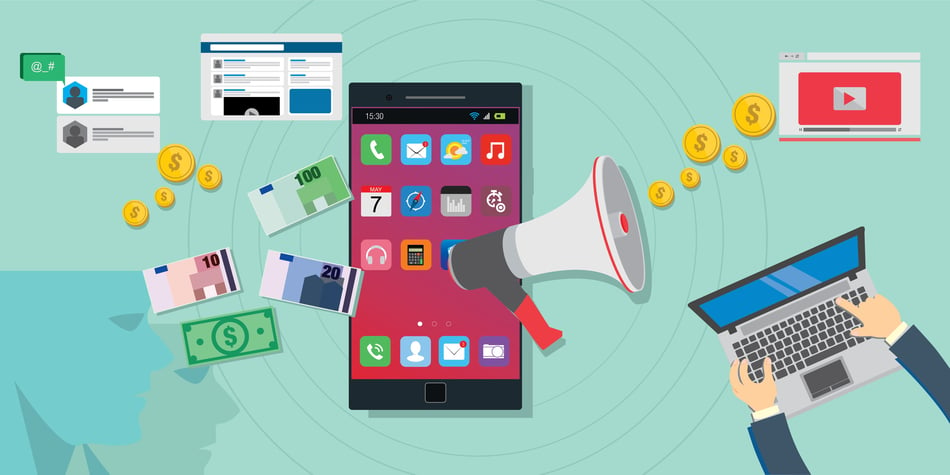
Don't Miss An Episode, Subscribe Now
Today we have another great guest blog by the rockstar Founder of IMPACT Branding and Design, Bob Ruffalo.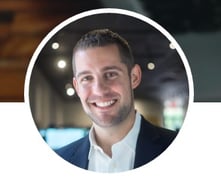
In some circles, you aren't allowed to mention paid ads and inbound marketing in the same sentence.
However, with social media and the new HubSpot Ads add-on, more marketers are warming up to the idea of the two working together.
As an inbound agency, we're most concerned with how you can make the biggest impact with inbound marketing and we've found that paid advertising can actually help you do so.
Now, before you go sign up for Google Adwords and drain thousands of dollars into a half-brained PPC campaign, there are some things you should consider.
For paid ads and inbound marketing to work in harmony, you have to be tactful with your approach. With this in mind, I'm going to share five things that you need to know about paid advertising and inbound marketing.
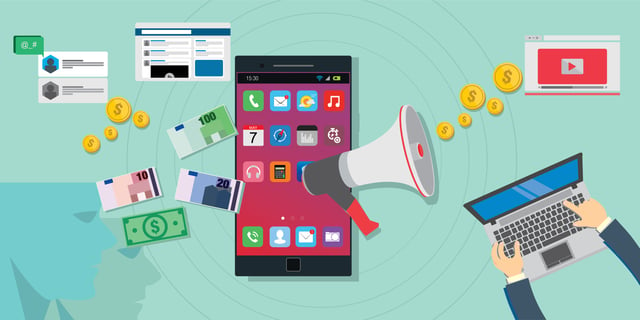
1. Paid Advertising and Inbound Marketing Can Work For or Against Each Other
Inbound marketing is a long-term investment.
When you publish content on your blog, that content is available forever. On the other hand, paid advertising is a short-term investment in the sense that once your ad budget is spent -- those ads are gone forever.
That's why it's so easy to see a terrible ROI from paid advertising, but history has shown, even sub-par inbound marketing eventually reaches a positive ROI.
Determining how well the two methodologies can work together comes down to your paid advertising approach and your budget.
Your company only has so much money it can spend on marketing, so you want to make sure that each dollar is well-spent.
Take a look at how HubSpot defines the two ways to think about paid search:
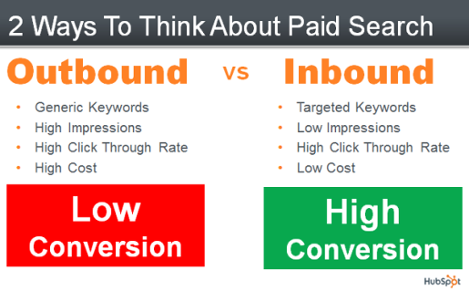
The outbound approach has lower conversions, so you have to spend more to get the same return, however, targeting generic keywords gets more impressions and more traffic meaning, more eyeballs on your brand. That can't be a bad thing, right?
Well, it depends.
Your marketing has to have a positive ROI or you're wasting your money, and seeing a positive ROI from an outbound approach with paid advertising is more difficult.
Instead, you could spend the same amount of money with an inbound approach and, although you'd be reaching less people, you'd get a higher return on your investment.
This also fits better with everything else in your inbound marketing campaign because the keywords are highly targeted allowing you to create content specifically for your ideal buyer persona.
Once you have your foundation of inbound advertising setup and you're seeing positive returns, then you could use some of that excess budget to get more brand awareness through outbound paid search.
Just make sure that you aren't spending enough to cause a negative ROI overall.
2. Paid Advertising Can Scale Your A/B Testing
A/B testing can dramatically improve the effectiveness of your landing pages -- the problem is that you need a decent amount of traffic to optimize your page.
If you're getting 10 to 20 visitors trickling in each day, that's really not enough data to make smart decisions. A/B testing relies on identifying trends in behavior and while people in large groups can be very predictable, as individuals they are not. That's why you don't want to overreact to the behavior of a small amount of traffic.
You only have to spend a little money upfront to send traffic to your landing page. Once you've optimized it to a conversion rate you're happy with, you can cut off the ad-spend and let that page work its magic.
What's nice about taking this approach is that you have one less thing to worry about. With the inbound methodology, you've got several cogs working at once in your marketing funnel and any one of those individual cogs can slow the entire machine down. The beauty of a high-converting landing page is that you can set it and forget it.
That doesn't mean you shouldn't have A/B tests running constantly, but once you reach a point where you're making increases in conversions by single-digit percentages, instead triple-digits, it becomes a lower priority.
3. Inbound Marketing and Paid Search Can Help You Dominate SEO
"57% of B2B marketers say SEO has the biggest impact on lead generation. (NewsCred, 2014)
Once you've published enough content to start gaining traction in the search engines, you'll start to gather a lot more useful data in your analytics. Among the valuable insights you gain are the keywords that people search before they land on your website. These keywords are very important because they give you ideas for content to create and they let you know exactly what your persona is looking for -- which you can use to boost your paid search effectiveness.
Keyword research is great for identifying trends, figuring out what people are looking for, and understanding which keywords are most competitive. It's absolutely essential that you do keyword research before creating a PPC (pay per click) campaign or you will waste a lot of money.
Your organic search traffic, however, gives you an advantage in your keyword research because it shows you which keywords are already bringing leads to your business. With that information, you can create PPC campaigns that target those keywords and amplify your results.
On the other hand, paid search can also benefit your content marketing. In your PPC campaign you will likely be targeting hundreds of keywords and phrases.
Looking at the analytics from your PPC campaign will reveal which keywords have the highest demand. By targeting those same keywords in your content marketing, you can start getting more of that traffic organically and you are more likely to keep paid traffic on your site because you will have the specific content they're looking for.
Over time, you will rank higher for the most valuable keywords in your niche and you can eliminate paid search completely, if you so choose.
To read the rest of this great article visit the IMPACT blog.

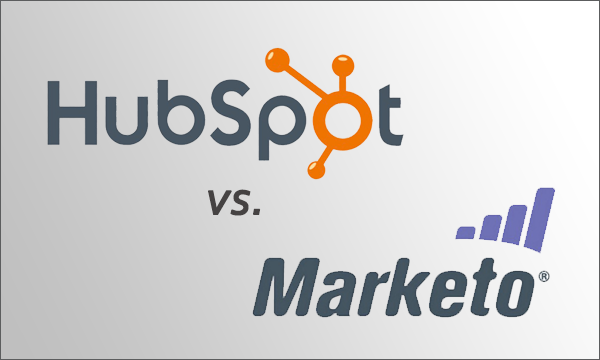
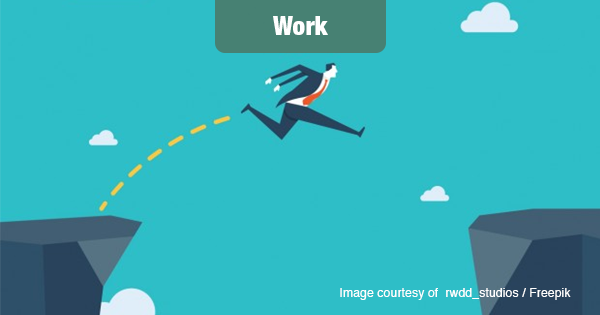

Blog comments